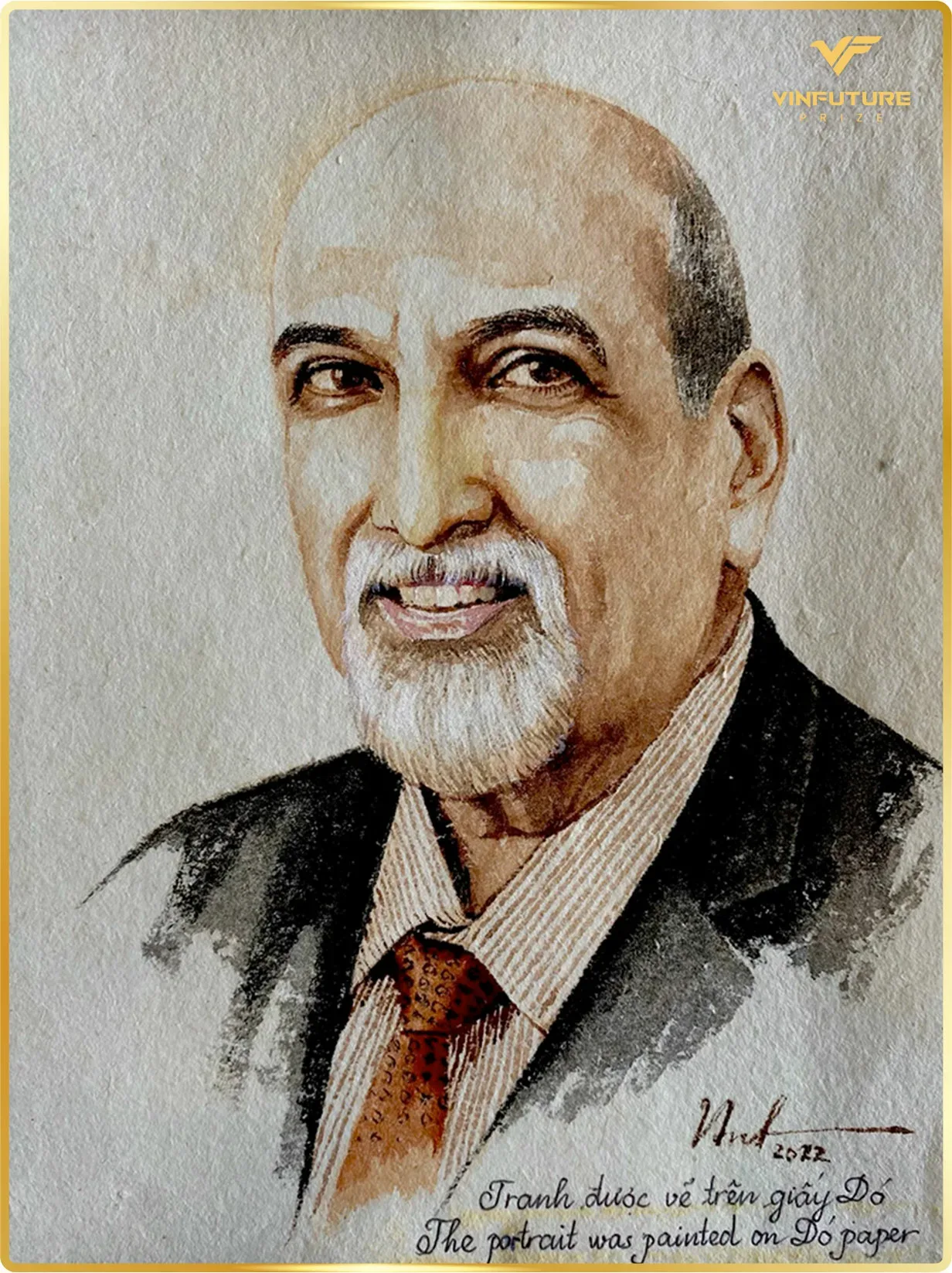BIOGRAPHY
Affiliation at the time of the award: Centre for the AIDS Programme of Research in South Africa, Nelson R. Mandela School of Medicine University of KwaZulu-Natal & Department of Epidemiology, Mailman School of Public Health, Columbia University
Salim S. Abdool Karim, FRS, is an infectious diseases epidemiologist widely recognised for his contributions to HIV prevention and treatment. He is ranked by Web of Science among the world’s most frequently cited scientists
He serves as Director of the Centre for the AIDS Programme Research in South Africa (CAPRISA) and Professor of Global Health at Columbia University. He is Pro Vice-Chancellor (Research) at the University of KwaZulu-Natal in Durban, Adjunct Professor of Medicine at Cornell University in New York, and Adjunct Professor of Immunology and Infectious Diseases at Harvard University in Boston
He has played a leading role in South Africa’s fight against the pandemic as Chair of the South African Ministerial Advisory Committee on Covid-19.
At an international level, he is a member of the Africa Taskforce for Coronavirus, the Lancet Commission on Covid-19, and the Africa Commission on Covid-19.
In 2020, he received the Maddox Prize for his work defending science during both the HIV and Covid-19 pandemics and actively tackling misinformation
He is also a member of the WHO’s Science Council and serves on the scientific advisory committee for global health at the Bill and Melinda Gates Foundation. He is a member of the US National Academy of Medicine and a Fellow of the Royal Society
SUMMARY OF WINNING ENTRY | PRE-EXPOSURE PROPHYLAXIS WITH ANTIRETROVIRALS TO PREVENT TRANSMISSION OF HIV
The Abdool Karims led a landmark clinical trial that provided the initial evidence in 2010 that antiretrovirals prevent sexual transmission of HIV. They demonstrated that tenofovir gel prevents HIV infection and genital herpes in women. Their research provided proof-of-concept that tenofovir can prevent HIV infection, thereby laying the foundations for pre-exposure prophylaxis (PrEP) as an HIV prevention approach.
In 2015, the WHO recommended PrEP with daily oral tenofovir as a standard HIV prevention measure for those at high HIV risk. PrEP is now available in many countries worldwide, contributing to HIV prevention globally. Reducing new HIV infections in women not only obviates their need for antiretroviral treatment, but it also reduces the risk of HIV in their newborn babies
SCALE OF IMPACT
Young women have the highest rates of HIV in Africa, which has 70% of the global HIV burden. Preventing HIV infection in young women is key to breaking the Cycle of HIV Transmission, which drives high rates of HIV in Africa.
These discoveries stand out in their impact on HIV prevention across the world, especially in developing countries








